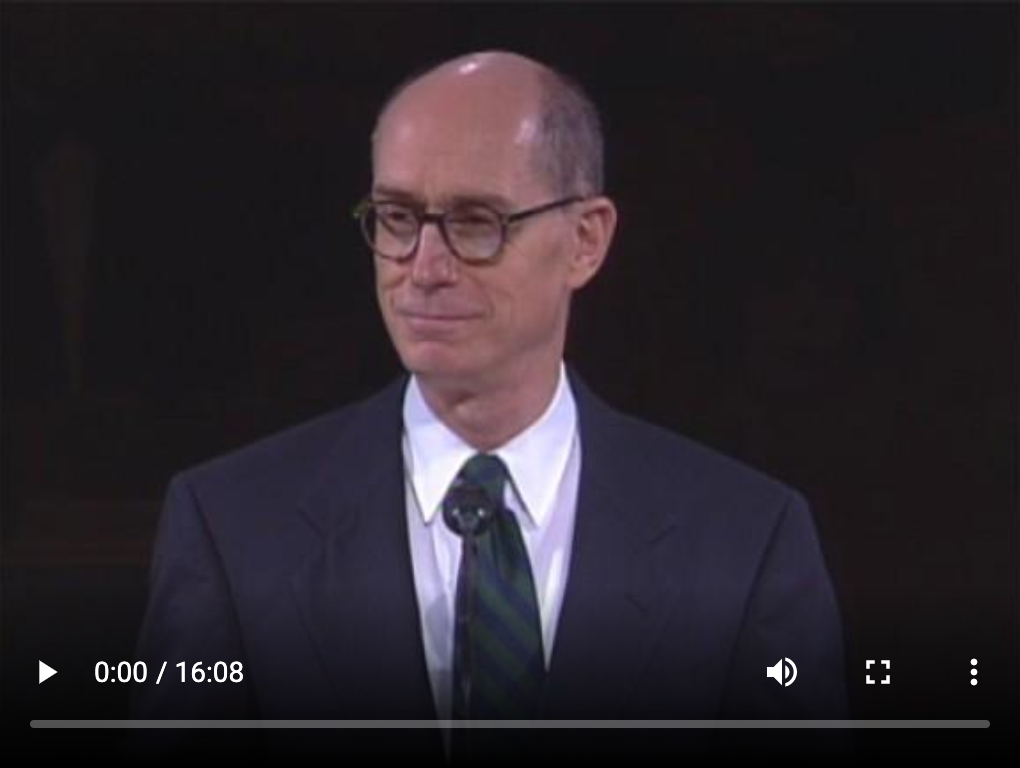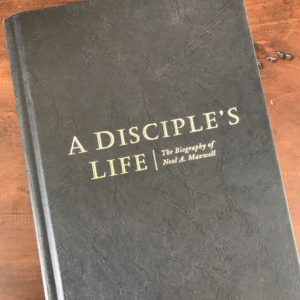Half as close as I want to be
Every year for at least 10 years, I pull up Relient K’s Christmas album on Dec 1.
And I listen to it at least 10x before New Year’s Day.
It goes by quickly in the car.
More Christmas music.
The fast tracks appeal to my coming-of-age music tastes: the nostalgia of pop punk drums ramming double time beats under traditionally mellower melodies, and upper register vocals ripping simple, three-part harmony.
And each year, I think about saying something about the song “I Celebrate the Day.”
He’s singing to Jesus:
Because here is where You're finding me,
In the exact same place as New Year's eve
And from a lack of my persistency
We're less than half as close as I want to be
Perhaps all I’m looking for is curiosity — do you, my friends, ever feel half as close to God and Christ as you wish to be … or is it just me.
Part of my relationship with God and His Son is a deep understanding of Their consistency.
Always being there.
And the expressed sadness of this song stirs my heart. I feel convicted: there is so much more I could do to be near God. My efforts to meet Him are feeble compared to all He does to meet me.
What gets touched is my longing — a hopeful longing — to do nothing but that which has me feel on God’s plane.
I speak often about getting better year after year.
Always learning and growing. Each year, the best one yet.
I believe a commitment to improvement and growth honors my God who created me and gave me life.
While I recognize and acknowledge meaningful growth each year, I haven’t yet made Heaven on Earth … for myself or others. I love where I am. And there’s still more. More goodness. More truth. More beauty … to experience and master and convey in my life thru word and deed.
And it’s all right there. A generous God has the infinity of blessings in His hands, ready and willing to share. It is on me to open and receive and let in all that is already showering down around me. I am aware of ways I try to go it alone, or forget His infinite love and acceptance and mercy, or believe a delay is required when perhaps divinely it is not.
And with this Christmas wish is missed
The point I could convey
If only I could find the words to say to let
You know how much You've touched my life
One thing that has become clear to me this year and this Christmas is I have no idea how to relate to you my relationship with God.
I can talk about the Church and my relationship with it all day. The serving. The showing up. The behaviors. The history. The actions. The scriptures. The prophets. The habits. The structure. The strengths. The weaknesses. The light. The shadows. The people. The structures.
But my beliefs … what I feel in my core and at my roots about where I stand with God, His infinite goodness, the all-pervasive power to heal and empower … I don’t know where to begin.
It’s all there, but an unarticulated, mostly frameless swirl of senses. An eternal mist I feel deeply acquainted with, but just within. Without word or ability to convey.
And so this Christmas I'll compare
The things I felt in prior years
To what this midnight made so clear
That You have come to meet me here
I’m searching. And yearning. And looking at giving word to these forms.
For now in this Christmas season, this much I can say — whether I’m looking hard or not — God so often has met me here, right where I am.
And I believe that He will, for me and you, year after year.
From another lesser known carol:
Now let us be merry, put sorrow away;
Our Savior, Christ Jesus, was born on this day
Merry Christmas ![]()










